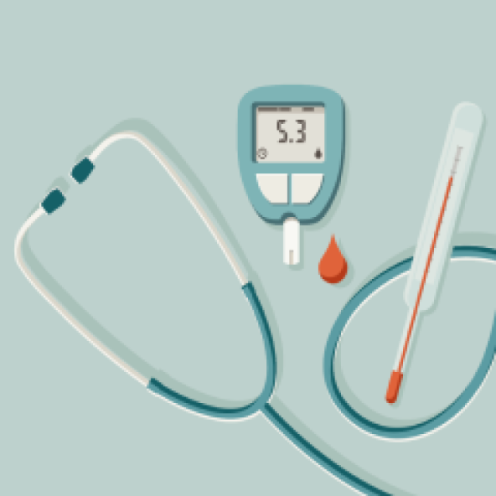A quick, two-minute cheek swab could help identify children at risk of a rare but potentially fatal heart condition, researchers have found.
Arrhythmogenic cardiomyopathy (ACM), an inherited disorder, accounts for more than 10 per cent of sudden cardiac deaths in young people, according to the British Heart Foundation (BHF).
The condition involves abnormal proteins that typically hold the heart muscle together.
This defect causes muscle cells to die, being replaced by scar tissue and fatty cells.
Experts warn ACM has the “potential to develop and strike without warning”.
However, these protein abnormalities can be detected in the cheeks.
An early study, led by experts at City St George’s, University of London, and Great Ormond Street Hospital, included 51 children from the age of three months to 18 with a known genetic risk of ACM.
They were given cheek swabs every three to six months.
Of the group, 10 went on to develop ACM and eight of those patients showed abnormalities that were picked up by cheek swabs before other tests.
The study also included another group of 21 children with no known genetic risk of ACM.
Of these, five had abnormalities picked up by cheek swabs.
The study found that the swabs revealed changes in the youngsters up to five years before they were diagnosed.
Diagnosis of ACM was confirmed with scans and tests, with researchers suggesting a swab could be an extra step to aid early detection.
Joanna Jager, of City St George’s, University of London, said: “There is a real need for a quick and easy test, to flag suspected ACM, which can then be confirmed by hospital tests.”
It is estimated that around one in 10,000 people in the UK has ACM.
Symptoms can include heart palpitations, fainting, breathlessness, abnormal heart rhythms and swelling in the tummy, legs or ankles.
Researchers are now developing swab kits that can be done at home and sent away for analysis.
Dr Angeliki Asimaki, reader in cardiac morphology and sudden death at the School of Health and Medical Sciences at City St George’s, University of London, said: “Our test provides a window into microscopic changes happening in the heart, and it is totally risk-free and non-invasive.
“This has the potential to provide accurate and timely diagnosis of ACM, which could ultimately save lives.
“Patients, particularly children, have told us they hugely prefer the speed and ease of a cheek swab to alternatives such as blood tests.
“We are currently developing test kits which would allow children to do cheek swabs at home and post them off to researchers for analysis.”
Consultant cardiologist Dr Sonya Babu-Narayan, clinical director at BHF, the funder of the study which is being presented at the European Society of Cardiology Congress in Madrid, said: “Arrhythmogenic cardiomyopathy has the potential to develop and strike without warning and sadly can risk sudden death in children, so it’s important that research helps us discover how to diagnose it early.
“This kind of simple, pain-free cheek swab test could identify children in the early stages of ACM who need extra care, or provide reassurance to at-risk children and their families with normal test results.”

